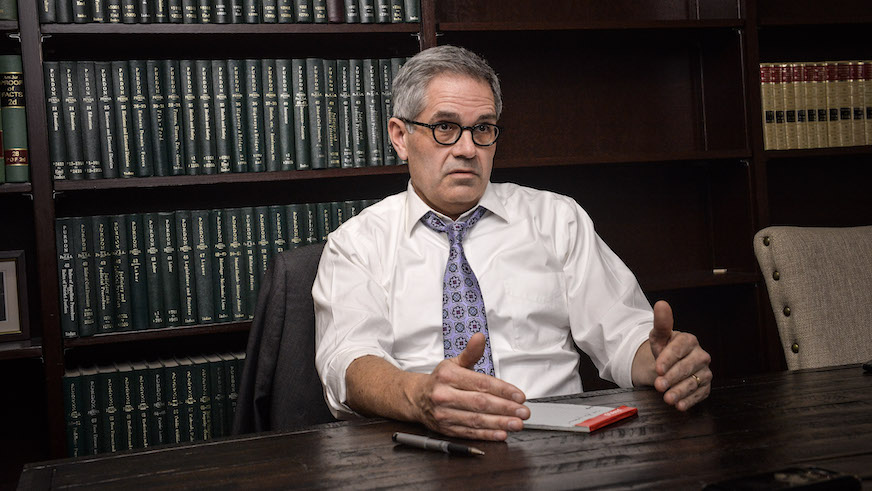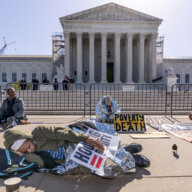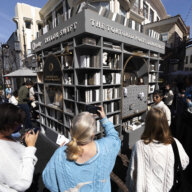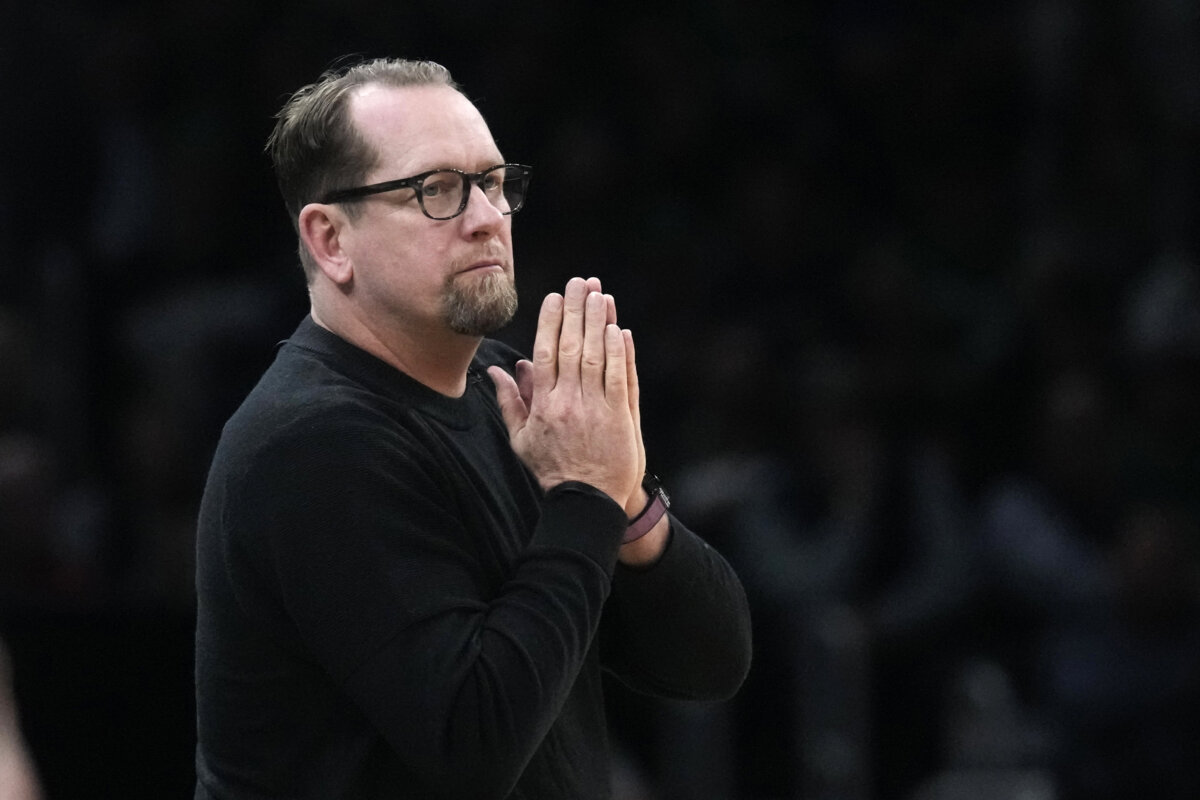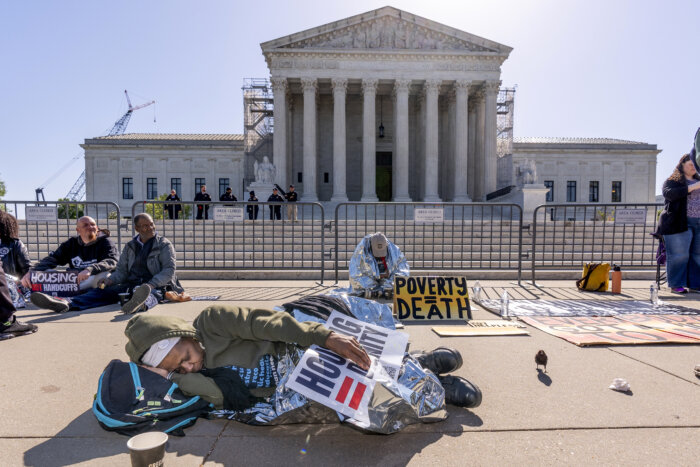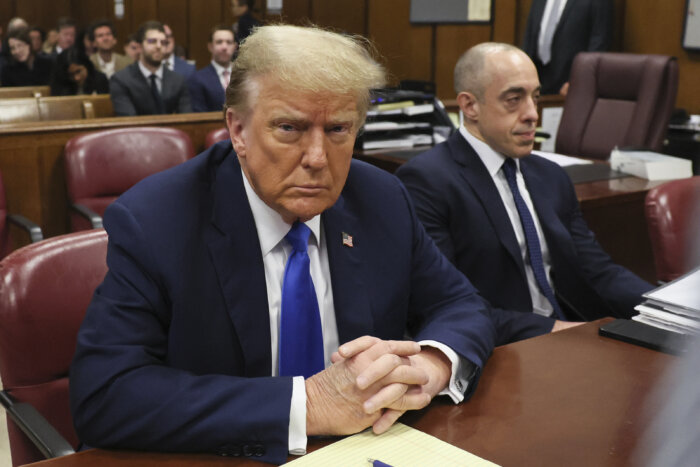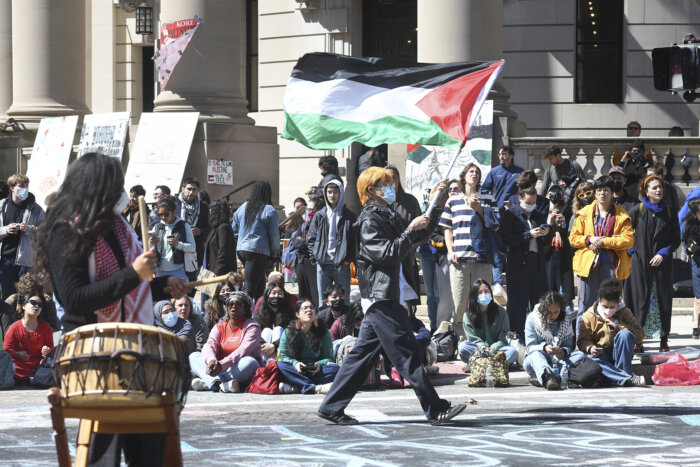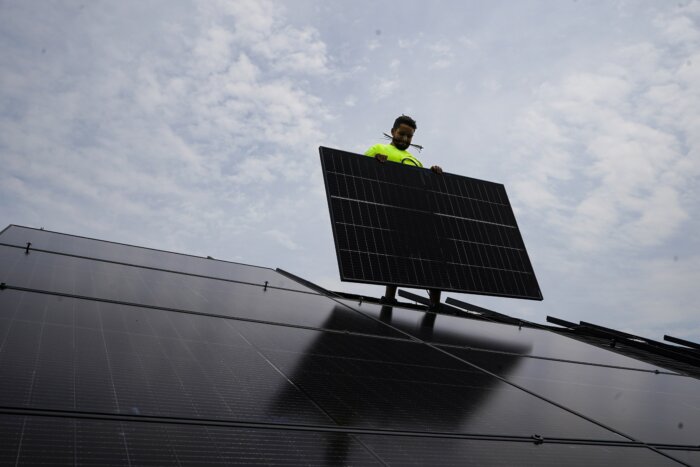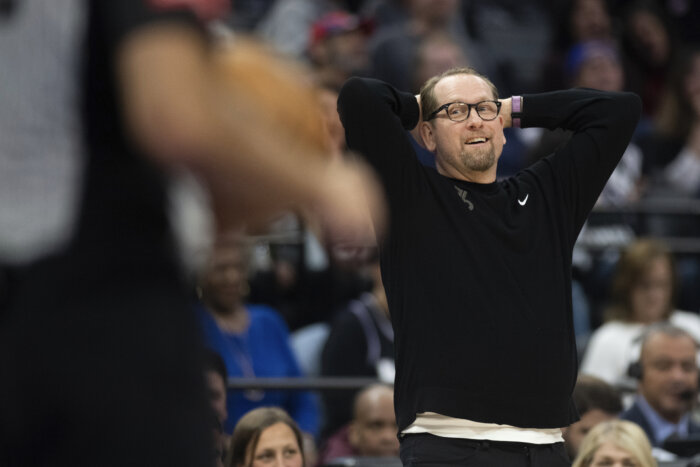Larry Krasner, Democratic candidate for Philadelphia district attorney, has recently become a lightning rod for criticism from the law-and-order crowd that says he’ll make Philly less safe. Among his proposals: ending cash bail.
“Stop lighting money on fire,” Krasner said during a news conference the day after the primary. “Don’t throw the homeless man who stole food in jail for a year and a half.”
It’s an idea that’s popular with criminal justice reformers, who say cash bail, by detaining suspects not yet convicted of a crime, can make an arrest an automatic sentence.
They argue that defendants will often still return to court to face charges, even without being detained on bail, while saying lengthy pretrial jailtime can disrupt lives in impoverished communities. (In one of the most high-profile cases cited by reformers, 16-year-old Kalief Browder was arrested in New York City and detained for three years pretrial on cash bail for charges of stealing a backpack that were ultimately dropped. He commit suicide two years after his release, which many linked to psychological damage from his lengthy stay on Rikers Island.)
Washington, D.C., ditched cash bail years ago. New Jersey ended it at the beginning of 2017, and California is mulling the move as well.
“The entire country is moving in the direction that Larry Krasner is talking about,” said Roseanne Scotti, New Jersey director of the Drug Policy Alliance. “Money bail does nothing to increase public safety, nothing to get people back to court – it just means poor people who don’t have often-nominal amounts of cash to make bail end up sitting in jail for 10 months, and it costs $30,000 to $40,000 that taxpayers are paying, all because that person didn’t have $1,000 or $2,500.”
Others say the proposal will give crooks a free pass.
“This is the ‘hug-a-thug’ campaign,” said Professional Bail Agents of the United States President Beth Chapman (who is married to TV’s Dog the Bounty Hunter). “The criminal is basically laughing in the face of these DAs. Can you imagine if you commit a crime, and you know you’re getting right back out, no repercussions?”
No Philly bail bondsmen would discuss Krasner’s plan on the record. But in New Jersey, the sky didn’t fall after state legislation ended cash bail.
Under the new system, New Jersey judges assess the likelihood of defendants committing another crime, as well as whether they will return to court, then decide whether to detain or release them pretrial under conditions like house arrest, electronic monitoring or mandatory visits with court staff.
“We’re now having an honest conversation about the level of risk that a defendant poses,” said Peter McAleer, spokesman for the New Jersey court system, where about 70 percent of pretrial defendants in 2017 have been released without cash bail and ordered to return to court. “It’s not based on a defendant’s access to money.”
In Philadelphia, alternatives to cash bail are among many programs being collaboratively implemented by police, courts, prosecutors and public defenders, thanks to a $3.5 million MacArthur Foundation grant to help the city slash its jail population by one-third through initiatives like diversion programs for low-level offenders. As of March, the city’s jail population has been reduced by 18 percent.
As of May 19, some 2,200 (30 percent) of the inmates in Philadelphia jails were being held pretrial on bail, prison officials said.
But is society safe without cash bail? Not according to June Rodgers, of New Jersey, whose son was killed in April by a man released after an arrest on gun charges.
“It is my opinion that this new system is responsible for my son’s death,” Rodgers said in a statement released by Crime Victims United. “You can’t just let these people out and let them run rampant through our communities.”
Similar criticisms have been heard in Philly. And Krasner still has to face Republican opponent Beth Grossman in the November general election.
“A lot of folks view ending money bail as letting everybody out and opening the jailhouse doors,” said Phil Telfeyan, executive director of Equal Justice Under Law, who supports ending cash bail. “But with money bail, you still hear of someone who bought his way out on $100,000 bail, and then kidnapped or raped someone or commited some horrible crime. … It’s a question of if people are getting out of jail based on dangerousness or based on wealth status.”



